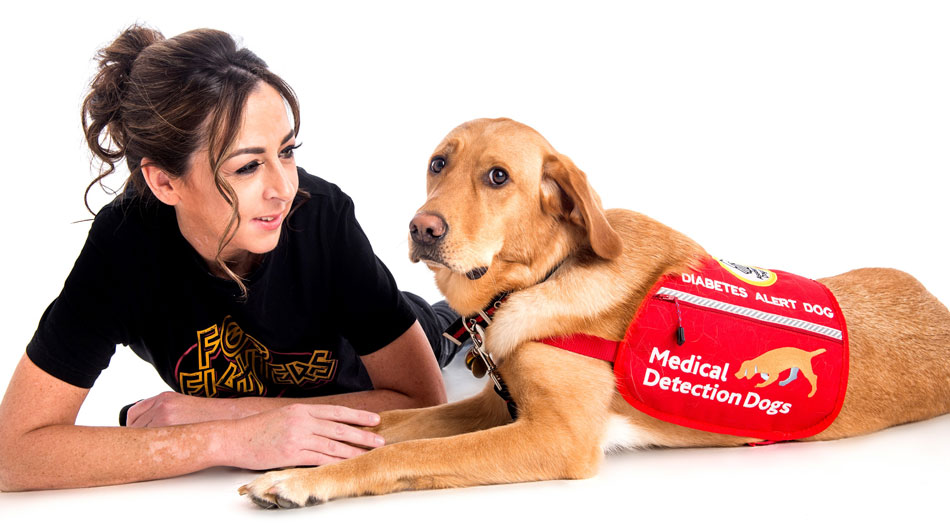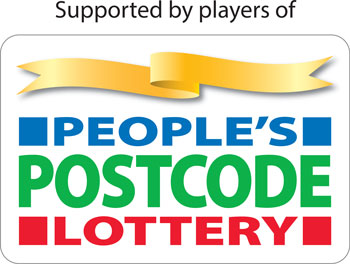People of all ages are partnered with the medical alert dogs and having them by their side gives them back their confidence, independence and quality of life.
Conditions such as diabetes, severe allergies, PoTs, unexplained hypoglycaemia and blackouts are among those that the dogs can be trained to detect and alert well before their human partner is aware that an episode is about to occur.

Medical Detection Dogs CEO, Dr Claire Guest, said: “We are extremely thankful to players of People’s Postcode Lottery for helping us further our work to train medical alert assistance dogs to save lives.
“The players’ kindness means we can better support our existing clients, increase the number of applications we can consider throughout the UK and raise awareness of our work.
“It also means that wherever you are in the UK, you can get involved with Medical Detection Dogs as we develop and grow our regional support groups.”
Medical Detection Dogs uses the amazing power of the dog’s nose to detect human diseases.
The charity is also training bio dogs to detect diseases like cancer. Because dogs are able to detect tiny odour concentrations, around one part per trillion (the equivalent of one teaspoon of sugar in two Olympic sized swimming pools), they can potentially detect diseases much earlier than is currently possible. This pioneering work could help to speed up the diagnosis process and impact on thousands of lives.
Medical Detection Dogs receives no government funding for its work and relies entirely on the generosity of donations from trusts and the public.
Lisa Belletty from the charities team at People’s Postcode Lottery said: “We are thrilled that players are able to support Medical Detection Dogs to reach more people with complex and life-threatening conditions. I’m looking forward to hearing about the partnerships that are formed between these amazing dogs and the people whose lives they are enriching.”
Published 14 March 2019

